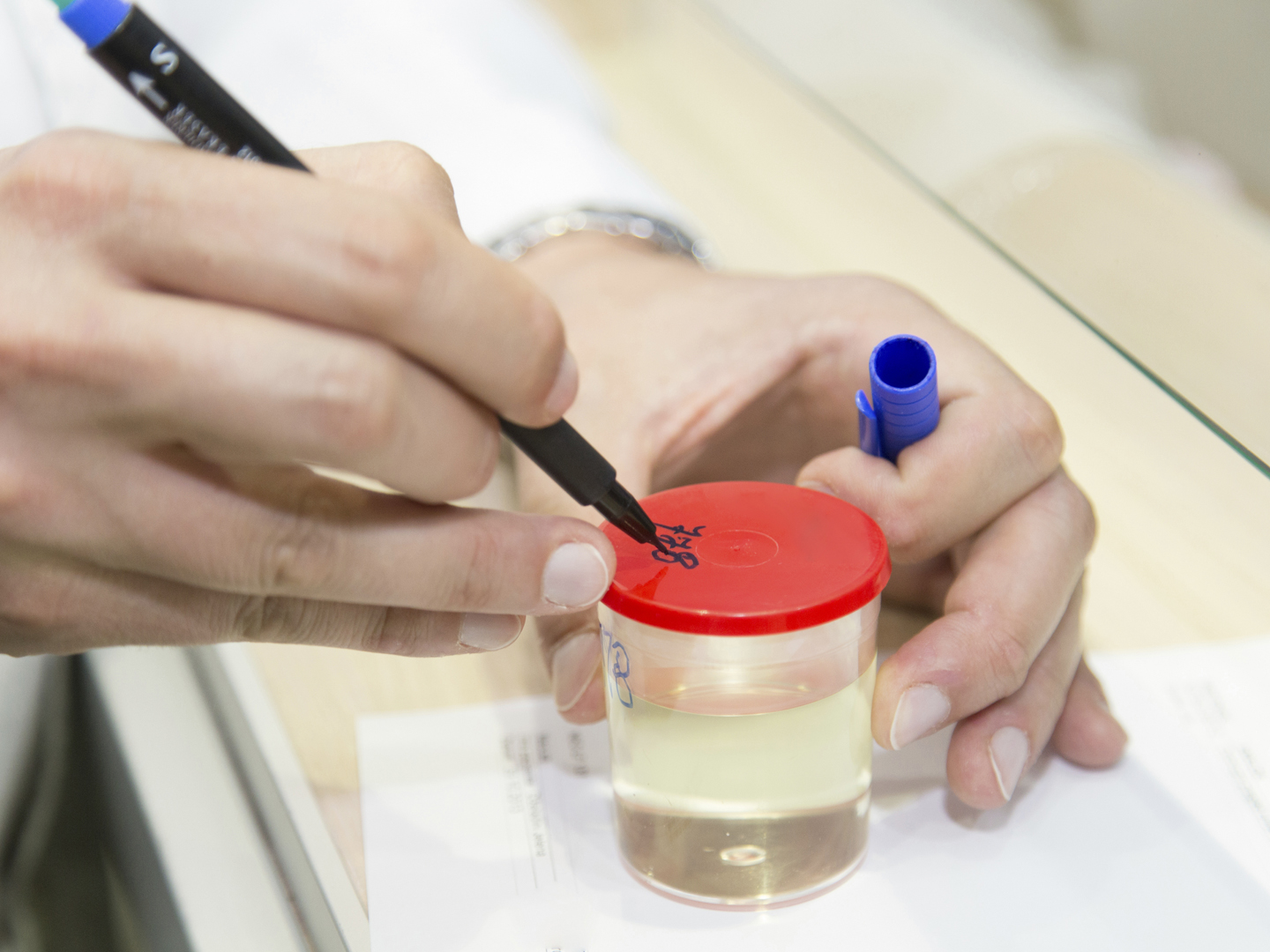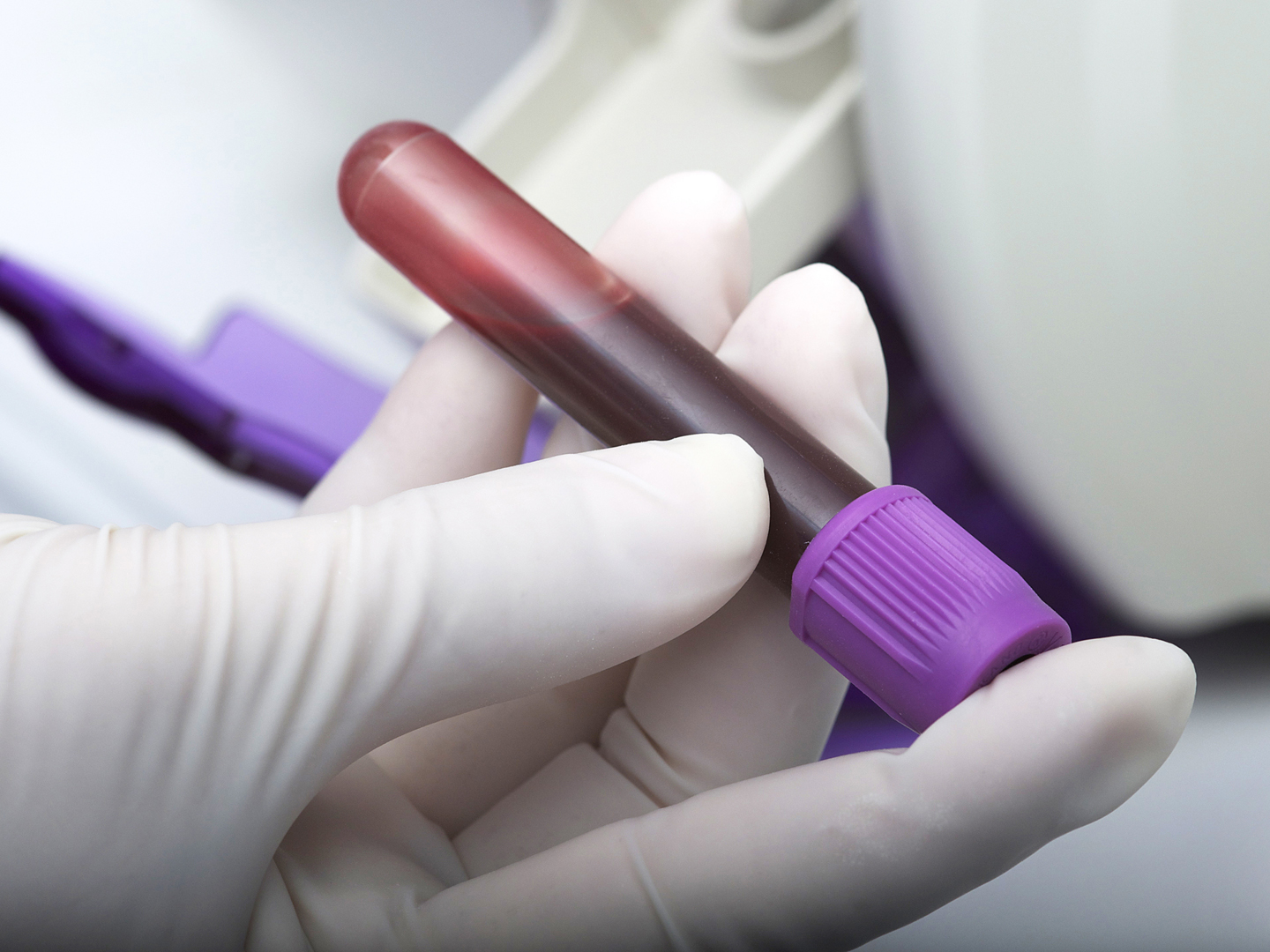Boosting Kidney Function?
Is there a way to improve the working capacity of the kidneys? Mine is only 52 to 58 percent.
Andrew Weil, M.D. | January 17, 2018

The kidneys are bean-shaped organs, each about the size of a fist, located near the middle of the back, just below the rib cage. Every day, the kidneys process about 200 quarts of blood to sift out about two quarts of metabolic wastes. The substances the kidneys remove includes the breakdown products of harmful compounds that get into our bodies one way or another. The waste and extra water become urine.
The kidneys are such efficient, compact, and miraculous filters that they put to shame the dialysis machines used to maintain patients with kidney failure. This natural purification system can operate efficiently only if the volume of water flowing through it is sufficient to carry away the wastes. For this reason, dehydration is the greatest threat to the process of blood purification and the most common source of stress on the kidneys. Tobacco smoking (which impairs blood flow to all organs), high blood pressure, excessive consumption of alcohol, caffeine, and other stimulant drugs; uncontrolled high blood sugar, jarring motion as in running or horseback riding; and a high protein diet also can damage the kidneys. The metabolism of protein, especially large quantities of dense animal protein, greatly increases their workload.
Two healthy kidneys give us more renal function than we need. Some people are born with only one kidney and lead normal, healthy lives, as do the many people who donate kidneys to relatives or friends. Small declines in kidney function may not cause problems, but sometimes these reductions signify kidney disease that will worsen over time. Serious health problems occur when kidney function falls to 25 percent or less, and only dialysis or a kidney transplant will save people whose kidney function drops below 10 to 15 percent.
The two most important things you can do to protect your kidney function from further decline are to follow a low-protein diet (no more than 10-15 percent of calories from protein), and never allow yourself to become dehydrated. I recommend trying to drink six to eight glasses of fluids daily, water or mostly water in the form of hot or iced caffeine-free teas or mineral water (flavored or unflavored – but not sweetened). You can find tips for reducing the amount of protein in your diet from the National Kidney Foundation.
Andrew Weil, M.D.
Source:
Chirag R. Parikh et al, “Kidney Injury and Repair Biomarkers in Marathon Runners.” American Journal of Kidney Disease, March 28, 2017 DOI: dx.doi.org/10.1053/j.ajkd.2017.01.045











